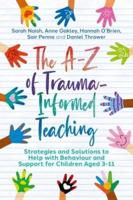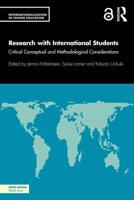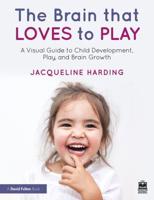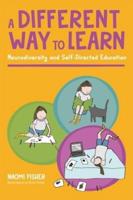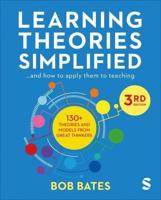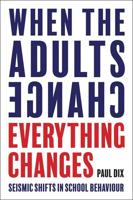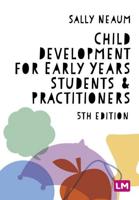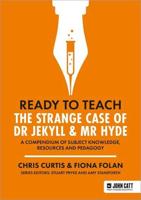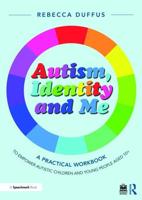Publisher's Synopsis
The India Education Report attempts to capture the current scenario of basic education in India. The Report, which consists of a series of critical reviews, presents an analytical overview of the situation in both quantitative and qualitative terms, identifying current policies, programmes and issues characterising different aspects of basic education in India. The review was carried out in the context of the Global Conference held in Dakar in the early part of 2000 where India, along with other Heads of States renewed its commitment to the goal of providing quality basic education for all by the year 2015. It is more than fifty years ago that the Indian constitution made a commitment to provide free and compulsory education for all up to the age of fourteen. In India's not so smooth journey towards this goal of universal elementary education, the National Policy on Education (1996), which initiated a number of schemes and programmes at the national level, stands out as a significant landmark. The 1990s saw the opening of the primary education scene to external assistance on a fairly large scale. The decade also experienced community based voluntary action through literacy campaigns in numbers hitherto unprecedented. Another development in the last decade is the Supreme Court judement which, interpreting the constitutional provisions, declared basic education as a fundamental right of every citizen compelling the State to make necessary provisions, declared basic education as a fundamental right of every citizen compelling the State to make necessary provisions. Although the country has made significant strides in quantitative terms, the promise of providing education for all has remained unfulfilled. It is so even though studies have repeatedly highlighted the adverse impact of inadequate education to development in all other sectors. It is in fact paradoxical that while India boasts of outstanding achievement in modernb science and technology, it has the largest number of illiterate people in the world. What are the critical issues and problems stalling the progress toward a fully literate populace? What has been the effect of past efforts and what are the prospects? The IER addresses these questions and provides a comprehensive framework, as well as policies for achieving the goal of universal primary education. It will be invaluable for all planners, policy makers, educationists, teachers and researchers or education and human development.

